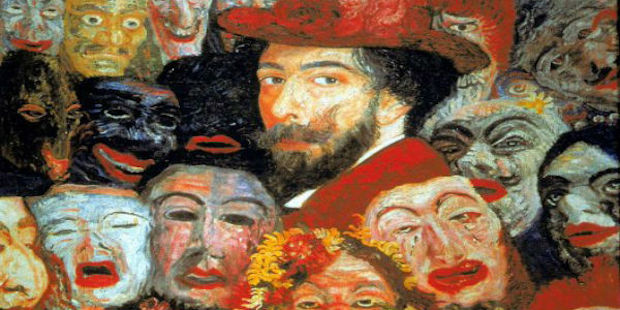Modern conceptualisation of intersubjectivity is mainly based on the importance of the dynamic and interactive relationship between the Self and the Other (different from the Self). Relationships with other individuals are seen as an essential part of our own sense of being and experiencing the world around us. They can also be considered as a type of social and self-actualizing illusion. Indeed, a connection with the Other is an inherent part of our being-in- the-world, and the perception of its absence can even lead to ontological insecurities, often felt as a sense of loneliness and despair. Hence, other individuals (and our perception of and interaction with them) can affect our experiences and influence our actions. A dialogic relation to the Other seems to be a common approach in existential therapeutic practices. A relation that can be challenging, including the struggles for power that one may experience in relational dynamics. We can observe and reflect upon these relational patterns on a holistic level (social, physical and spiritual), also considering how our perceptions are influential in interpersonal encounters. Indeed, our perceptions (be them influenced by cultural, individual, or biological factors) seems to be of crucial importance in our inter-relational constructs.
SUGGESTED READINGS
- Laing, R. D. (1961). The self and other. Further studies in sanity and madness. London: Tavistock Publications.
- Spinelli, E. (2005). The interpreted world. 2nd ed. London: SAGE Publications.
- Van Deurzen & Arnold-Barker, C. (eds.) Existential perspectives on human issues. A handbook for therapeutic practice.



